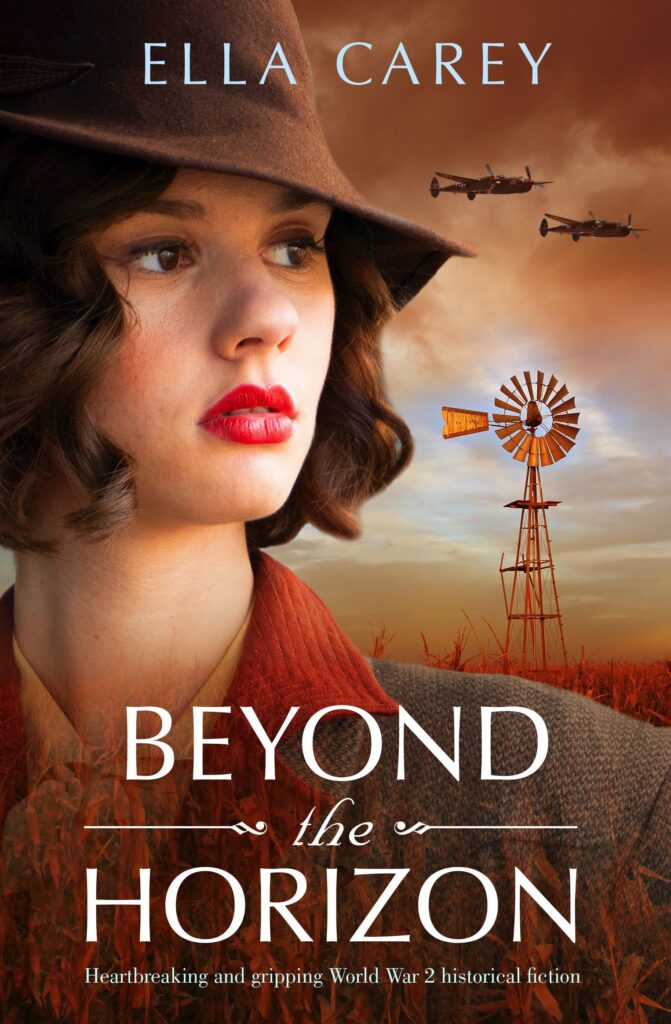
Although there were a number of musicals that were successes during this era, the problem was largely the drastic failing of studios to see that youth audience had gravitated towards different films – this was the Easy Rider (1969) generation who in terms of music were being drawn towards glitter and rock operas like Jesus Christ Superstar (1973), The Rocky Horror Picture Show (1975) and Tommy (1976) – whereas studio management remained in a rut that failed to adapt to the times and just kept making more of what they always had. However, a few years later, attempts to copy these successes had resulted in a heap of bloated, over-budgeted box-office flops, including the likes of Chitty Chitty Bang Bang (1968), Finian’s Rainbow (1968), Star! (1968), Hello Dolly (1969), On a Clear Day You Can See Forever (1970), The Little Prince (1974), At Long Last Love (1975) and The Slipper and the Rose (1976).Īmong these, Lost Horizon was regarded as the turkey of the bunch that fairly much killed the musical off for good. The musical had reached a peak in the previous decade with enormous hits like West Side Story (1961), My Fair Lady (1964), The Sound of Music (1965) and Doctor Dolittle (1967). The Westerners in Shangri-La – (l to r) George Kennedy, Bobby Van, Olivia Hussey, Liv Ullman and Peter Finch His one other genre outing was the flop Disney superhero spoof Condorman (1981).
Beyond the last horizon movie plus#
The measure of the flop that Lost Horizon was can be seen in that despite a worthy career and a number of hits, afterwards Hunter could only find sporadic employment in television.ĭirector Charles Jarrott emerged out of US television in the 1950s and had made historical films such as Anne of a Thousand Days (1969) and Mary, Queen of Scotts (1971), plus the drama The Other Side of Midnight (1977) and the Disney film The Last Flight of Noah’s Ark (1979). Just prior to taking on Lost Horizon, Hunter had produced the massively successful Airport (1970), which became the second top-earning film of its year – and incidentally created the 1970s genre of the disaster movie. Ross Hunter had gained a reasonable reputation as a producer, having been responsible for hits like the various Tammy films, Imitation of Life (1959), Pillow Talk (1959) and Thoroughly Modern Millie (1967). However, the remake ended up being a flop of epic magnitude – it even gets a listing as one of the Medved Brothers’ The Fifty Worst Films of All Time (1977). This Lost Horizon remake was mounted as a musical by producer Ross Hunter. The original is a somewhat dated effort when seen today but back in the 1930s, coming just at the end of the Great Depression, the film’s fantasy of a place in the world where one can escape from all the stresses of life and live forever held an undeniable appeal for audiences.


Frank Capra’s Lost Horizon (1937), based on James Hilton’s 1933 novel, is one of the great Hollywood kitsch classics.


 0 kommentar(er)
0 kommentar(er)
